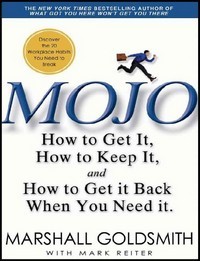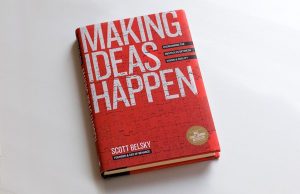In most relationships, people want to have trust—with a romantic partner, with a family member, with a doctor or a dentist, with a mechanic or a plumber. In those relationships, without trust as a foundation, much can fail. Shouldn't we see it the same in the workplace? After all, a company’s success is based on trust—consumers must trust the brand, and employees, who, in essence, sell trust to consumers, most definitely need to trust their leaders. CommuniCon, Inc., says that “high-trust organizations have increased value, accelerated growth, enhanced innovation…and improved collaboration.” So why is it that, according to the 2013 Edelman Trust Barometer, 82% of people don’t trust business leaders to tell the truth? If you’re a leader in your company, that statistic should be alarming.
Luckily, it’s never too late to start building, earning, and increasing trust, and one basic building block is communication. Note that word well, though, because too often, leaders confuse the skill—communication—with its vehicles—communications. Gaining trust is not about which channels you use. It’s about the messaging—and the truth behind it—itself.


